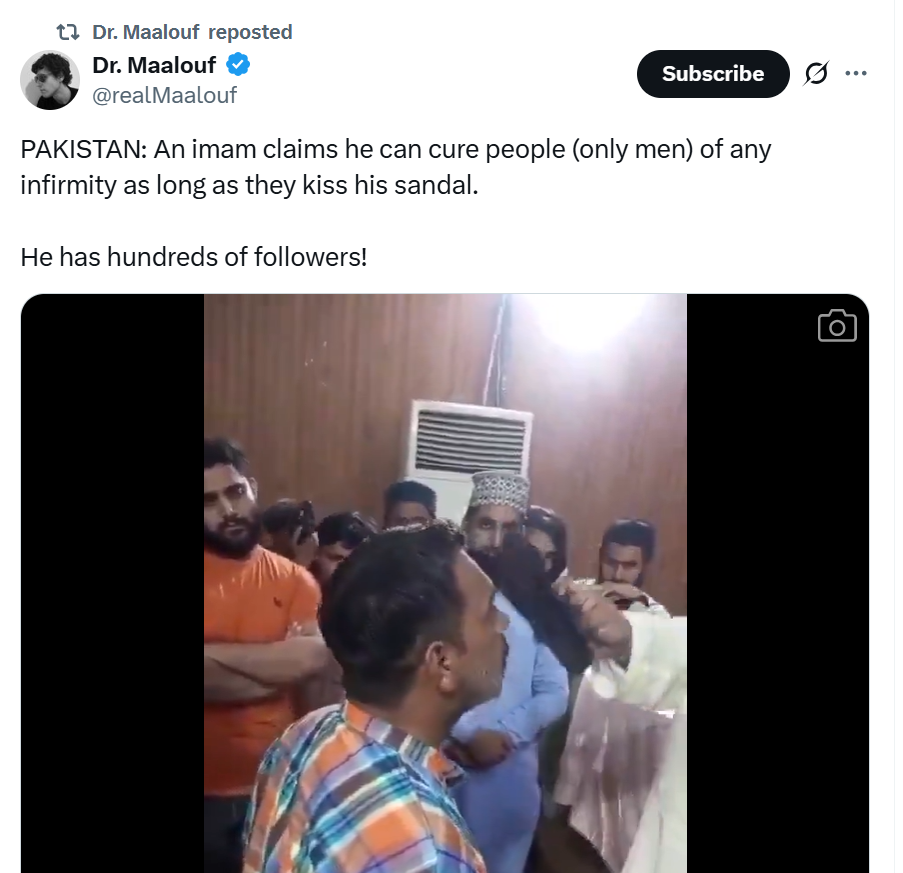
The fact that hundreds of followers believe in and participate in this act speaks to a broader issue of religious illiteracy and desperation. In many communities, people facing poverty, illness, or marginalization may cling to charismatic figures who offer hope, even if it defies logic or ethics. These self-proclaimed “healers” often exploit the vulnerable by dressing up personal authority as divine power. In such cases, what begins as spiritual guidance can become coercive control, undermining both personal dignity and public health.
 This phenomenon also poses a challenge for religious institutions and civil society. When bizarre or harmful rituals are performed under the guise of faith, it undermines genuine spirituality and discredits religious communities at large. Responsible religious leadership must step up to condemn such practices and educate followers about the difference between faith and fraud. Meanwhile, authorities should intervene where such practices cross legal or ethical boundaries, particularly if they involve deception, gender discrimination, or harm to public welfare.
This phenomenon also poses a challenge for religious institutions and civil society. When bizarre or harmful rituals are performed under the guise of faith, it undermines genuine spirituality and discredits religious communities at large. Responsible religious leadership must step up to condemn such practices and educate followers about the difference between faith and fraud. Meanwhile, authorities should intervene where such practices cross legal or ethical boundaries, particularly if they involve deception, gender discrimination, or harm to public welfare.




 click and follow Indiaherald WhatsApp channel
click and follow Indiaherald WhatsApp channel